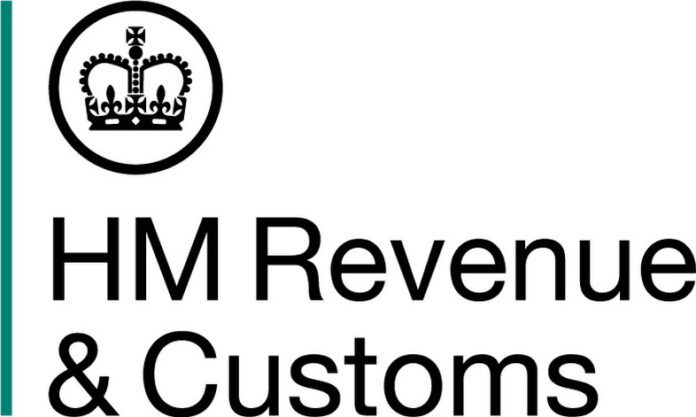
HMRC is chasing 2,300 social media influencers, suspecting they haven’t paid the right tax for money they’ve earned online.
The same applies to 2,000 gamers, and online traders such as those on Etsy, eBay, and Facebook Marketplace.
Content creation and marketplace trading have boomed in recent years, substantiated in Adobe’s ‘Future of Creativity’ study, which found the number of UK content creators doubled to 16 million between 2020 and 2022.
But it seems as though HMRC is targeting them, not necessarily because they’re avoiding tax deliberately, but because they “literally don’t know how they should be paying it”, according to an interview by the Financial Times with Jessica Narweh, a 25-year-old business coach and influencer who previously trained as a tax adviser.
Experts at Crunch (which provides free and paid tax and accountancy software) explain the need-to-knows for tax implications involved in being a social media influencer:
- Content creators need to keep track of incomes and expenses incurred in a tax year to file tax returns.
‘Income’ includes all forms of income – be it cash, bank receipts, cheques, or the cash equivalent of gits and other items received as payment for content creation. Meanwhile, ‘expenses’ includes all costs incurred to create the content. There are free and paid options for tax and accountancy software out there, which can help you keep track of both. - “I’m a social media influencer but all of my content is created in exchange for gifts, not money. Do tax rules apply to me?”
In short, yes, tax rules also apply to gifts.
Michael Awuye, Technical Services Manager at Crunch, explains: “Calling things ‘gifts’ creates the impression you don’t have to declare or do anything about it. This notion is wrong. If you have provided a service and instead of being given cash or extra digits in your bank account, you are given something else which is not cash, that thing you have been given is taxable. The amount of the income to be recognised is based on what the value of the item will be in cash. So, if you were given shares, a car, crypto, etc, there will need to be an assessment of the item in cash value at the time it was given for it to be declared as income.” - What are the tax rules and laws about earning money from content creation or being a social media influencer?
There are no specific tax rules for earnings for content creators. However, there are rules on whether one is considered to be trading or not; and once that is confirmed, then you will be deemed to be subject to paying taxes. HMRC states: “Broadly, ‘trade’ can be taken to refer to operations of a commercial kind by which the trader provides to customers for reward some kind of goods or services.” In simple terms, if you are into content creation with a view to making money or a profit, then you are trading, and any earning is taxable. - “At what point do my earnings as a social media influencer need to be declared to HMRC?”
If your earnings are more than £1,000 in a tax year, then you need to register for self assessment and declare your earnings.
Michael Awuye added: “HMRC seems to have woken up to the evolving trend of revenue generation from platforms such as Instagram, TikTok, YouTube, and Twitch, among others. If you are a content creator, there is no place to hide as these platforms can (if not already compelled) share data with authorities such as HMRC. So, it is best to get your act together before HMRC comes knocking.”
Credit to https://www.crunch.co.uk/ who provided the above post.
Help keep news FREE for our readers
Supporting your local community newspaper/online news outlet is crucial now more than ever. If you believe in independent journalism, then consider making a valuable contribution by making a one-time or monthly donation. We operate in rural areas where providing unbiased news can be challenging. Read More About Supporting The West Wales Chronicle

























